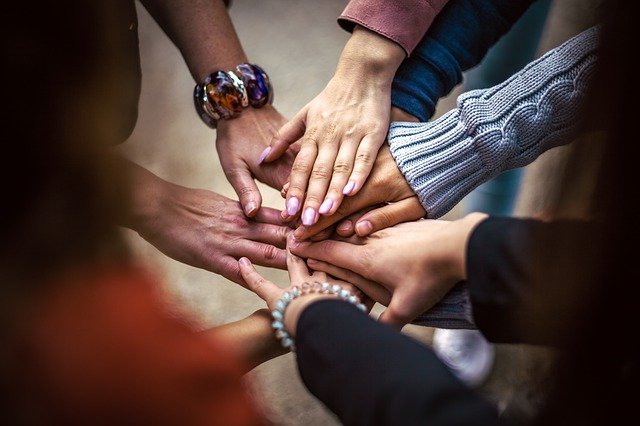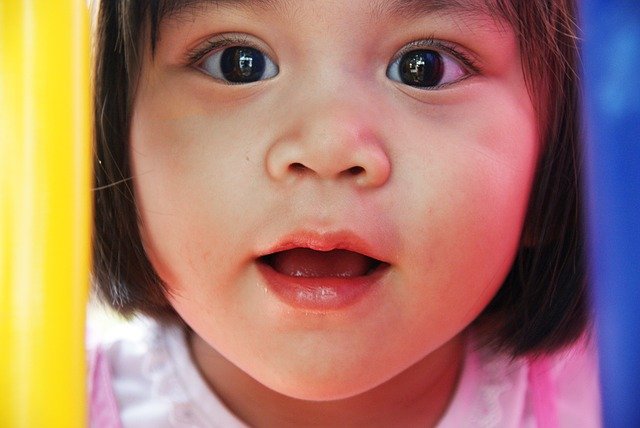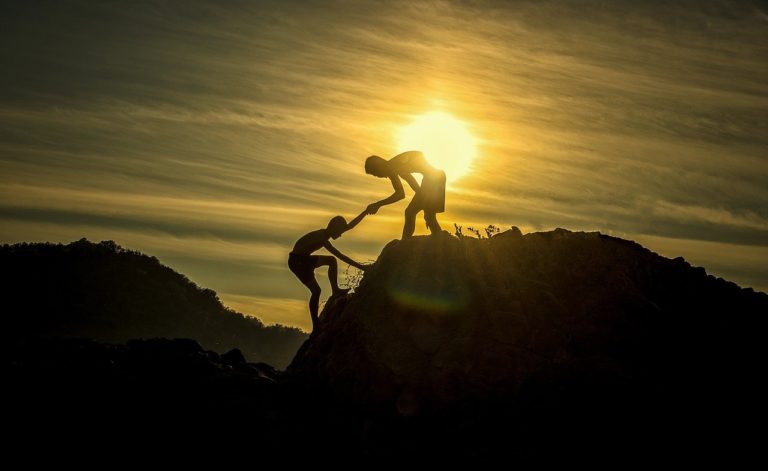We all belong to different communities. Many of them in fact. Some of these communities we are born into and while we have the choice to abandon them, they tend to be personally defining in a way that makes them worth working on. The obvious one is country, a community where compromise and sacrifice is worthwhile just to ensure the survival of an entity that defines millions in myriad ways (culturally, economically, institutionally). Other communities are ones that we join freely. A local lodge, a club/meetup with people of similar interests, a church, and even a neighborhood where we choose to live are all such communities.
One of the features of communities we are born into is they tend to need to have an eye toward doing what is best for the overall interest of their members and not just for us. That is incredibly important and valuable and should help us be willing to define ourselves as being a small part of a more important whole. However, chosen communities are quite different. Chosen communities offer something for us personally that we want or think we need – be it fellowship, education, a hobby, or – on occasion – even a sense of purpose. Regardless of the type of community we are referring to, there are expectations that are placed on us and there are traits that we need to bring to the table to be a positive part of the community. This is a very big part of what we do at Greystone House.
Have a look at our website (or parent manual if you happen to have a child in one of our schools) and you will see an emphasis on developing people to be exactly what we refer to above – productive and valued members of both types of community. As always, what we do will likely amount to mere background noise in the future if it isn’t reinforced at home (and within the other communities to which you belong). What follows are three suggestions for reducing the chances that doesn’t happen.
– Get your children involved in diverse communities. We purposely bring up diverse because communities are a way to find shared interests between people that may otherwise be very different from each other. This is particularly important in the age of platforms that provide a free megaphone for all manner of nonsense designed to divide people. Choosing to make human connection with people that we might otherwise be taught to fear is critical for improving ourselves and the communities we are born into.
– Reinforce good values. We won’t belabor this point as our website is flooded with information about the values we profess and teach. This particular facet of what we do is the most at risk of being lost as children will see values attacked in a number of ways. We see behaviors and actions out of people on an almost daily basis that thirty-five years ago were fringe outbursts that weren’t tolerated publicly (thankfully we do not see them at school). That isn’t a “when we were young” statement – that is a criticism of bad culture change. Strong communities drive strong values and limit the toleration of harmful actions.
– Act in a way that reflects that others deserve the same love and respect that you do. This is so incredibly important in preventing children from gravitating toward communities that promote anger, hatred, and bad treatment of others. Volunteer your time to support people in need (and there are plenty that need your help) rather than simply throwing money at problems. Take your kids with when you do. Both money and action are of course useful, but one connects us with others in ways that are simply impossible to gain by writing a check.
There are of course negative communities and those should be avoided. Easier said than done since sometimes positive communities can remove us from our comfort zone. There are some ways to help both you and your children tell the difference. Positive communities build rather than tear down, they bring people together rather than force them apart, and above all else, they value their members in a positive way. In other words – they build community rather than silos. Thankfully finding a positive community with shared interests isn’t that difficult.





